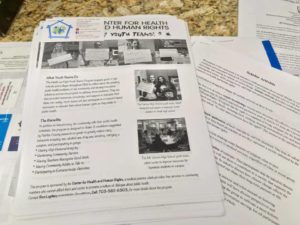 -Ron Lapitan, Former Community Outreach Coordinator
-Ron Lapitan, Former Community Outreach Coordinator
At times, I also help with checking in patients at our clinic’s front desk.
“I overheard you once talking about a high school program?” asked one patient across the counter today.
“For our Health as Right Program, we go into schools, bring together teams of students, and empower them to create service projects to solve the health problems they notice in our community,” I answered.
I gave her some examples, such as our Fairfax High School group which created a program to empower local foster youth to finish high school. From their research, the students learned that only 30% of foster youth graduate because of their social environment, leading to increased risk of homelessness, teen pregnancy, incarceration, and human trafficking once they age out of the system. “So they realized that just empowering the youth to finish school is a strategic way of fighting all those health problems at once!” I said excitedly to the patient.
“Wow!” she said, inspired by the work of our students. “We tried to start a program like that in the community when I studied to be a nurse. That’s how I think change should be, involving everybody,” she added. “And once they get involved trying to help others, they also become more aware of where to find resources when they need help,” she said. A more resilient community.
“Dr. Milani’s vision,” I said of the founder of our free clinic and developer of the school program, “is to create a culture of health, rather than one where people only think about health once it has become a visible problem. The program thus engages youth to create that culture, teaching them that when they notice problems in the community, they can be the ones to fix them.” The patient smiled excitedly.
She took several flyers to give to the social worker at her workplace, as well as to her own daughter in high school.
“Individually, we are one drop. Together, we are an ocean.”
-Ryunosuke Satoro
#healthasright #youthteams


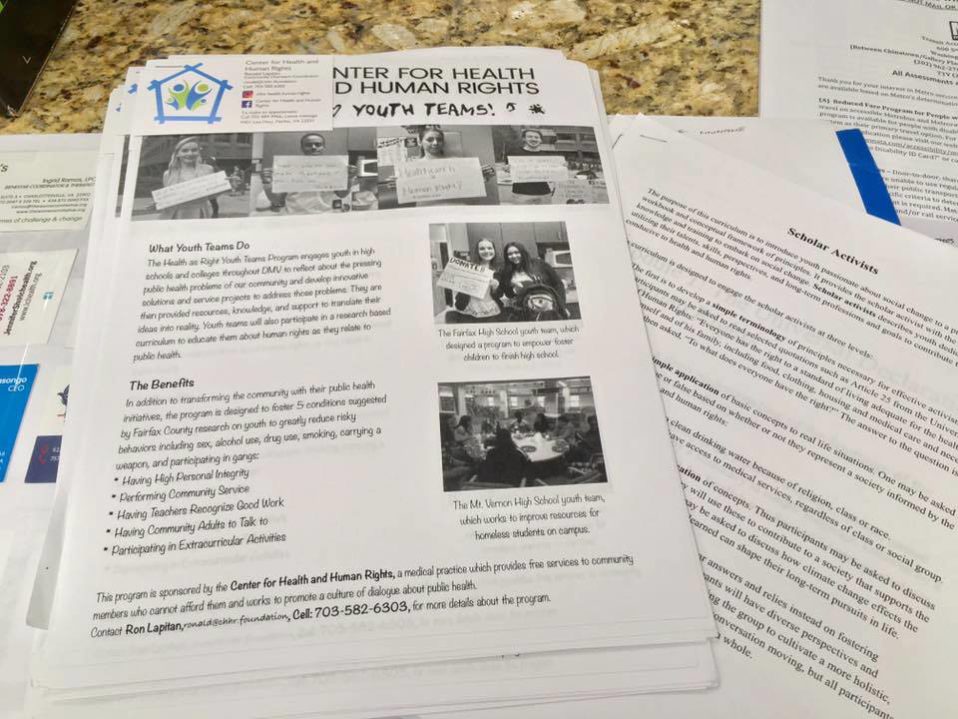
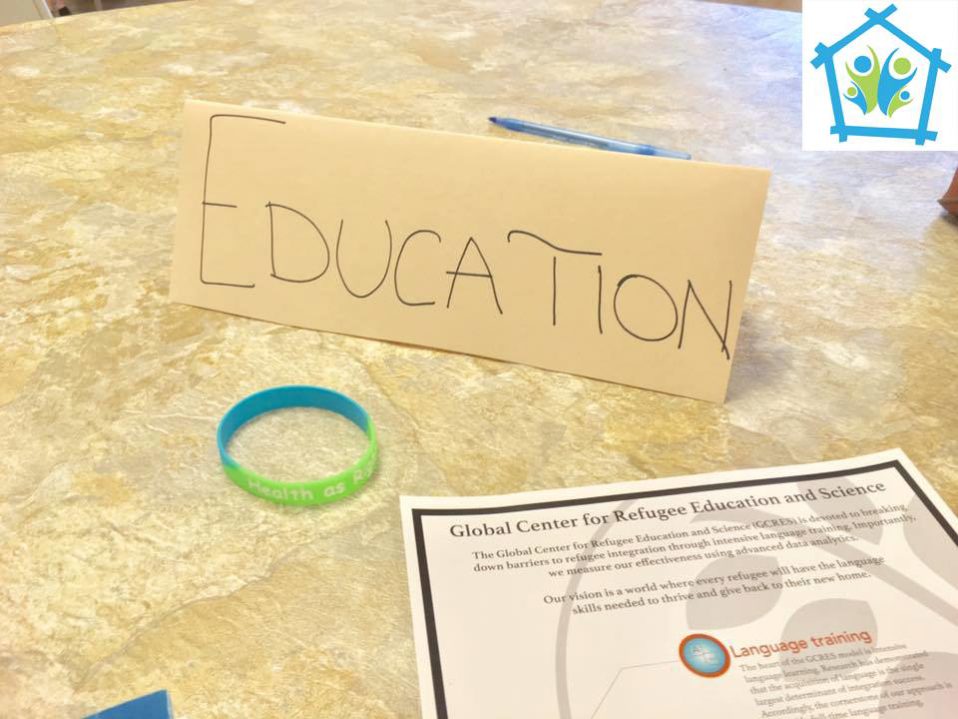
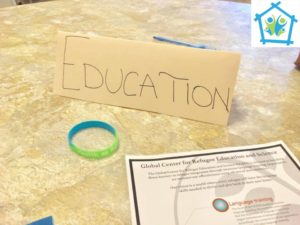 -Ron Lapitan, Former Community Outreach Coordinator
-Ron Lapitan, Former Community Outreach Coordinator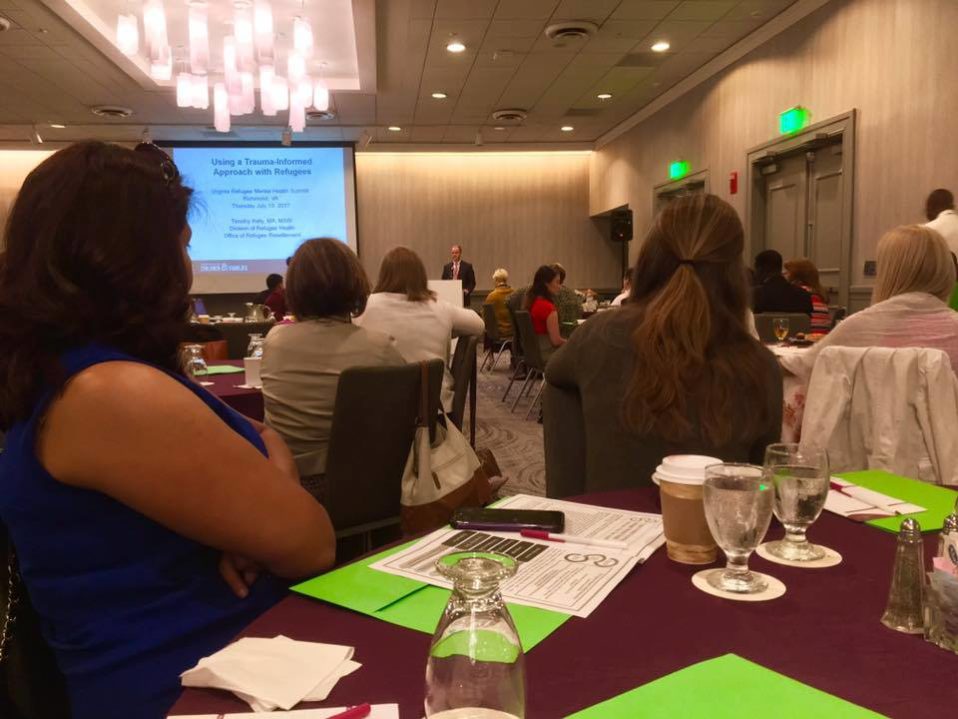
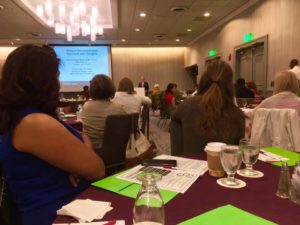 -Ron Lapitan, Former Community Outreach Coordinator
-Ron Lapitan, Former Community Outreach Coordinator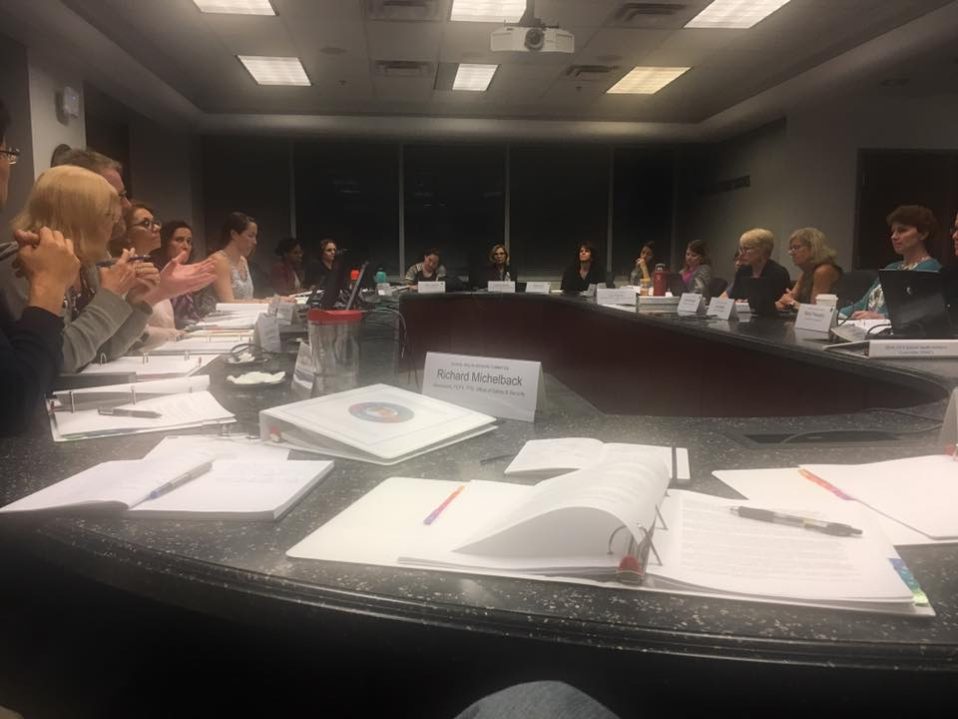
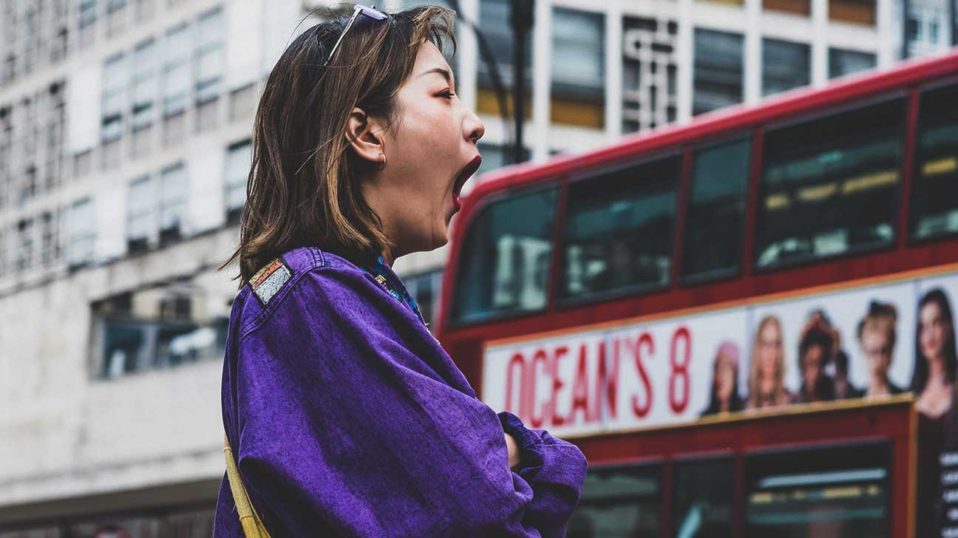
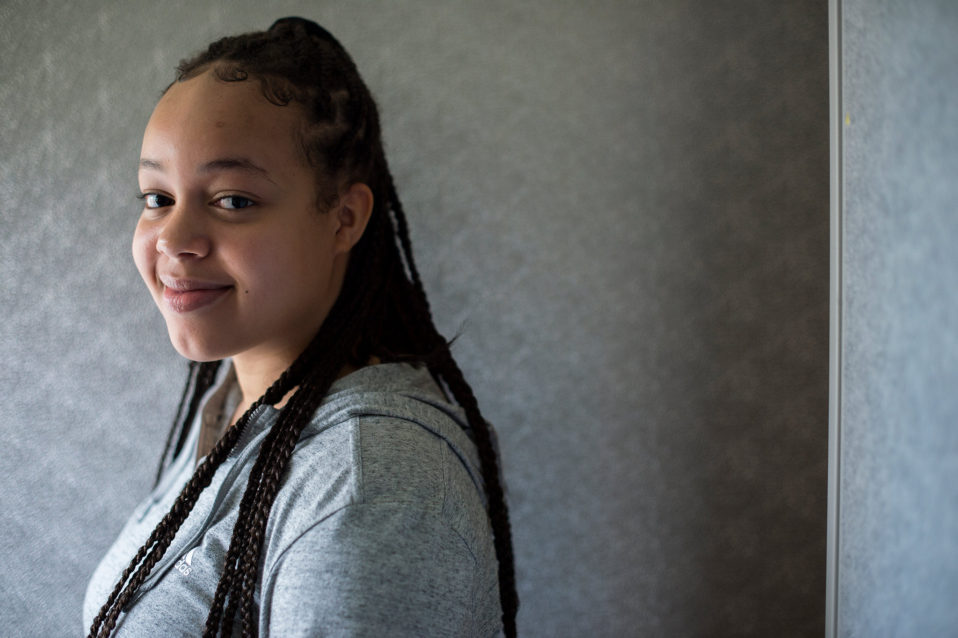
Recent Comments